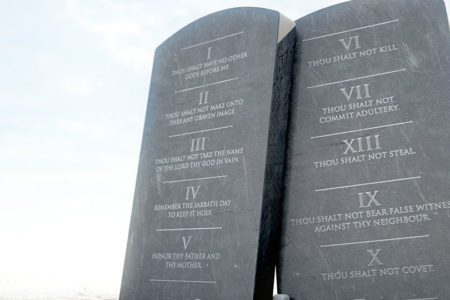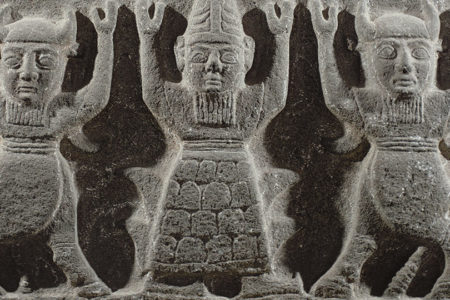Jephthah’s Vow: Did He or Didn’t He?
For centuries scholars have debated the fate of Jephthah’s daughter. Did Jephthah sacrifice her as a burnt offering (Jud. 11:31) because of a foolish vow he made to Jehovah, or did he constrain her to perpetual virginity?
Although we’ll never know for sure, widely respected Bible scholars C. F. Keil and Franz Delitzsch thought it “inconceivable” that God would have chosen a deliverer for Israel who practiced human sacrifice:
That he [Jephthah] would grant her two months’ time, in order that she might lament her virginity upon the mountains with her friends [vv. 37–38], would have been marvellously out of keeping with the account that she was to be put to death as a sacrifice….To mourn one’s virginity does not mean to mourn because one has to die a virgin, but because one has to live and remain a virgin….And so, again, the still further clause in the account of the fulfillment of the vow, “and she knew no man,” is not in harmony with the assumption of a sacrificial death.1
Keil and Delitzsch also noted the book of Judges holds nothing back in describing evil. If Jephthah had sent his daughter up in smoke, the author probably would have said so. Rather, he relayed the account “in such a manner as to lead to the conclusion that he regarded the act [the daughter’s willingness to participate] itself as laudable and good.” Had Jephthah killed her, she would have become a sacrifice to the vile deity Moloch rather than to the holy and righteous Jehovah.2
In the end, Jephthah’s rash vow afflicted his daughter with the injustice done to him by his brothers and the leaders of the community. They had dictated much of his future by banishing him. So, too, this loving father unfortunately dictated the future of his only child.
There is a lesson here for all parents. We must not dictate the course of our children’s lives. We may guide, but God directs.
ENDNOTES
- C. F. Keil and F. Delitzsch, The Book of Judges in Commentary on the Old Testament in Ten Volumes, vol. 2 (Grand Rapids: Eerdmans, n.d.), 11:392–93.
- Ibid., 394.







